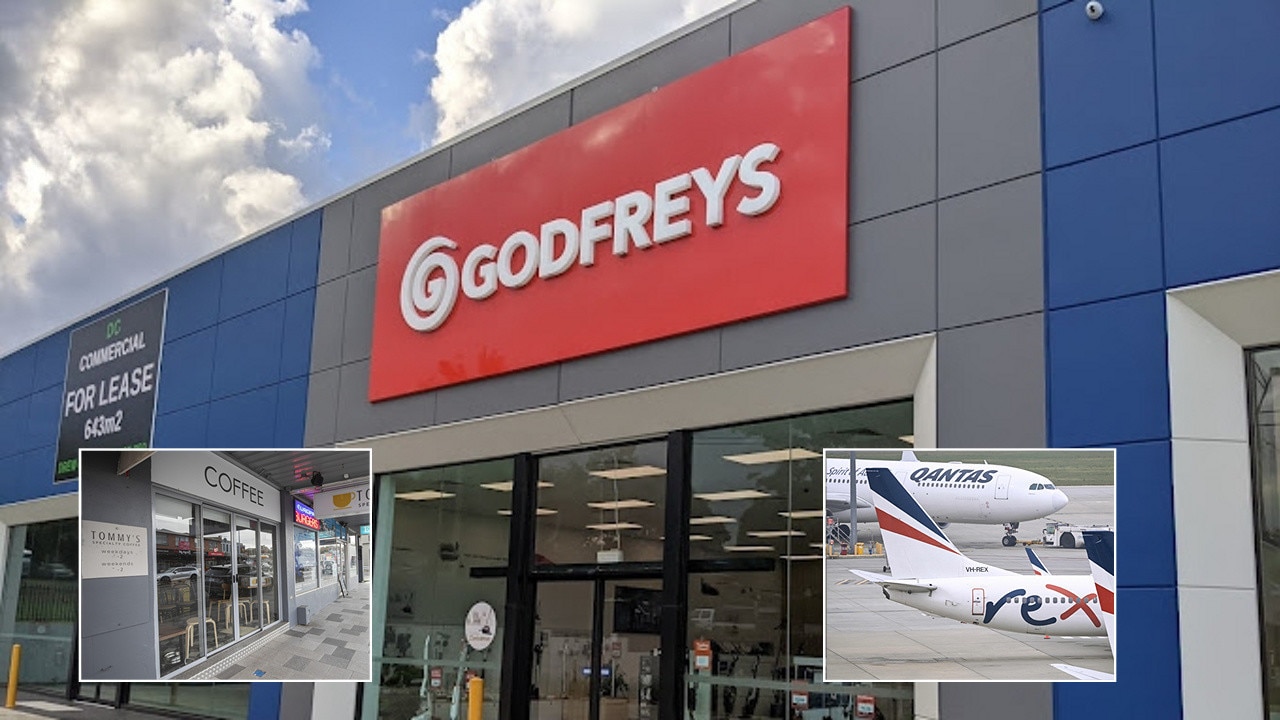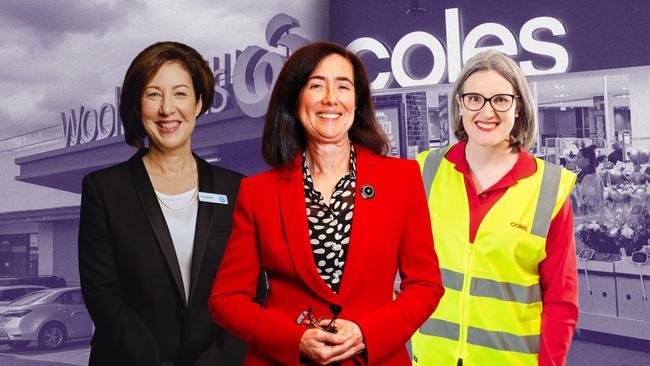
When eight months ago the Albanese government announced a wide-ranging Australian Competition & Consumer Commission inquiry into supermarkets, the boards of Woolworths and Coles needed to suspend routine meetings and spend a few days with all levels of management looking at what was likely to come out of such a detailed inquiry.
ACCC chair Gina Cass-Gottlieb had already shown in Qantas that she and her people would be relentless in seeking the facts.
Sadly for shareholders, neither the Woolworths nor Coles boards appear to have come to grips with the looming crisis. Extensive board, management and policy changes will now be required to avoid a likely break-up.
Today, I will explore how the companies got into this mess and some of the changes that will be required. It maybe too late.
Bunnings needs to learn from Woolworths and Coles.
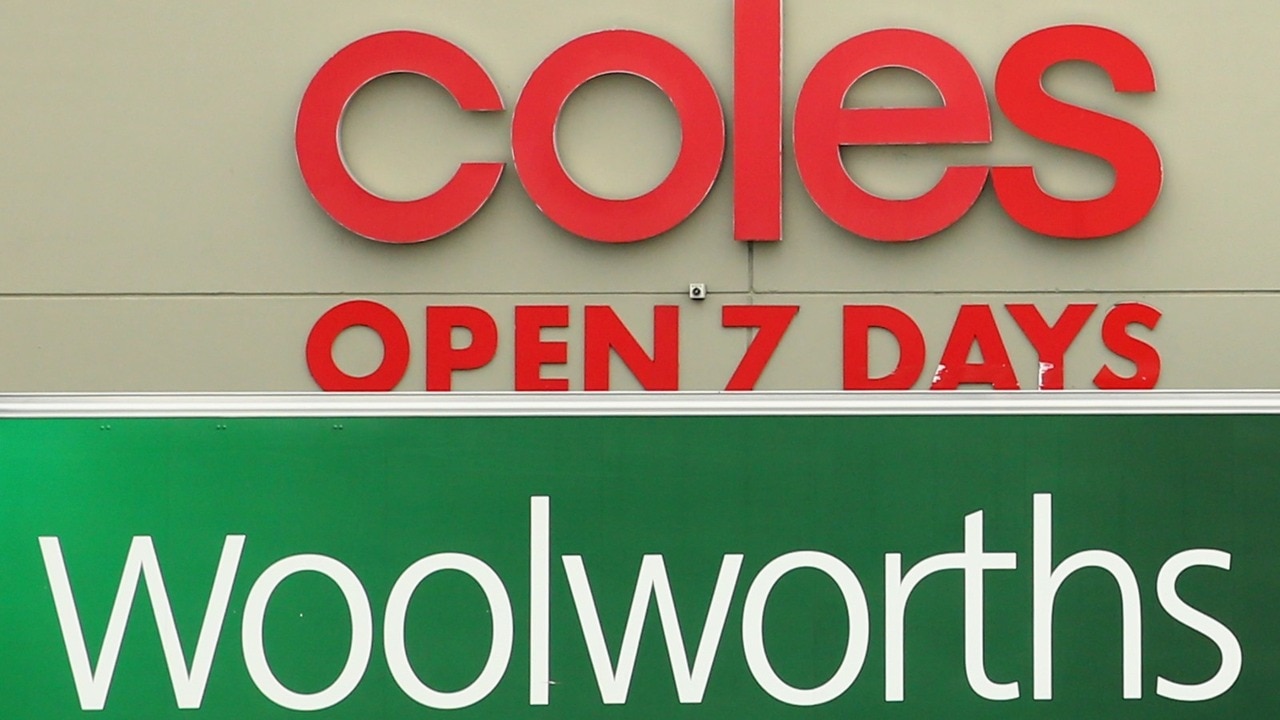
Almost certainly neither the Woolworths-Coles directors nor the managers realised that Cass-Gottlieb had been conducting detailed examinations of their pricing policies well before the inquiry. They should have assumed it was happening because fundamental board and management mistakes had turned both Woolworths in Coles and into political footballs. The National Party is adamant that these two giants must be split.
The Nationals deep hatred of the giants was started when the retailers slashed the price of milk and allegedly began forcing dairy farmers out of business. The Nationals pleaded with Woolworths and Coles to stop it. The politicians were allegedly shown the door and the capacity in the dairy industry was reduced as farmers were brutally forced out of business. This is now pushing up milk prices.
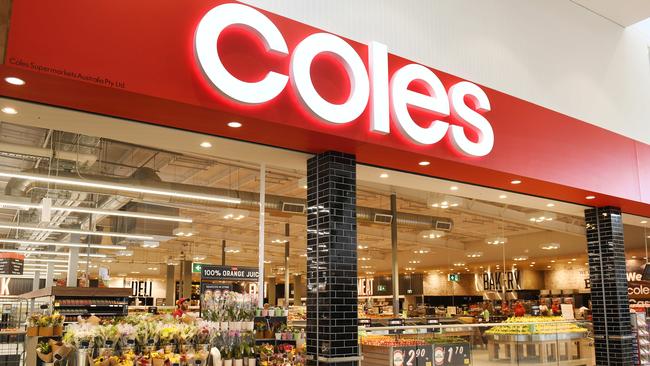
In a display of complete naivety, both giants backed the government against the Opposition in the voice referendum. Woolworths then went one step further and took Australian flags out of stores. Woolworths is now allegedly planning to create great disruption in the meat industry by selecting which products it will sell. Unbelievable.
Woolworths has produced some of Australia’s great retail managers (Paul Simons, Reg Clairs and Roger Corbett are good examples) backed by boards that understood retailing and kept out of political issues. In tackling the big issues that are now set to confront them, both Woolworths and Coles will need to learn from their heritage.
Had the board and managers faced the issues confronting their companies when the ACCC inquiry was announced last January, they would have isolated at least three obvious areas where they were set to be ravaged.
The first obvious risk was the practice that started at a time of high inflation, when suppliers were being forced to increase prices sharply as a result of exploding costs. The supermarkets and the big suppliers allegedly did deals, whereby the prices were increased and then reduced. But the reduction was part of a major special promotion which boosted turnover and enabled the higher costs to be amortised over a much larger turnover. In isolated situations, such a technique that actually delivered lower prices via volume could be justified for a limited time.
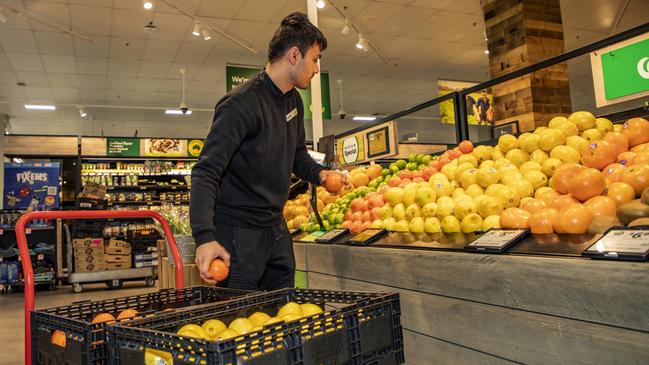
But because it generated so much revenue which offset the base cost rises, it became embedded into the Woolworths and Coles routine. Had the boards of both companies had more practical retail experience, they would have realised that once these originally well-intentioned practices became widespread and sustained they would be seen by the ACCC and the community as misleading consumers.
It should have been stopped before the ACCC inquiry was announced but certainly soon after. Far better for companies to announce policy changes than have changes forced on them by the ACCC and the government.
Coles intends to defend the ACCC court proceedings, arguing the allegations related to a period of “significant cost inflation”. Woolworths has acknowledged the start of the legal proceedings.
Now the retailers have to decide whether to take the matter to court and suffer long periods of bad publicity or settle with a guilty admission and a fine. . Neither alternative is good.
Secondly the retailers, if they undertook a thorough examination of the ACCC’s allegations, would have recognised that they had not kept up with global supply chain technology particularly in fresh food.
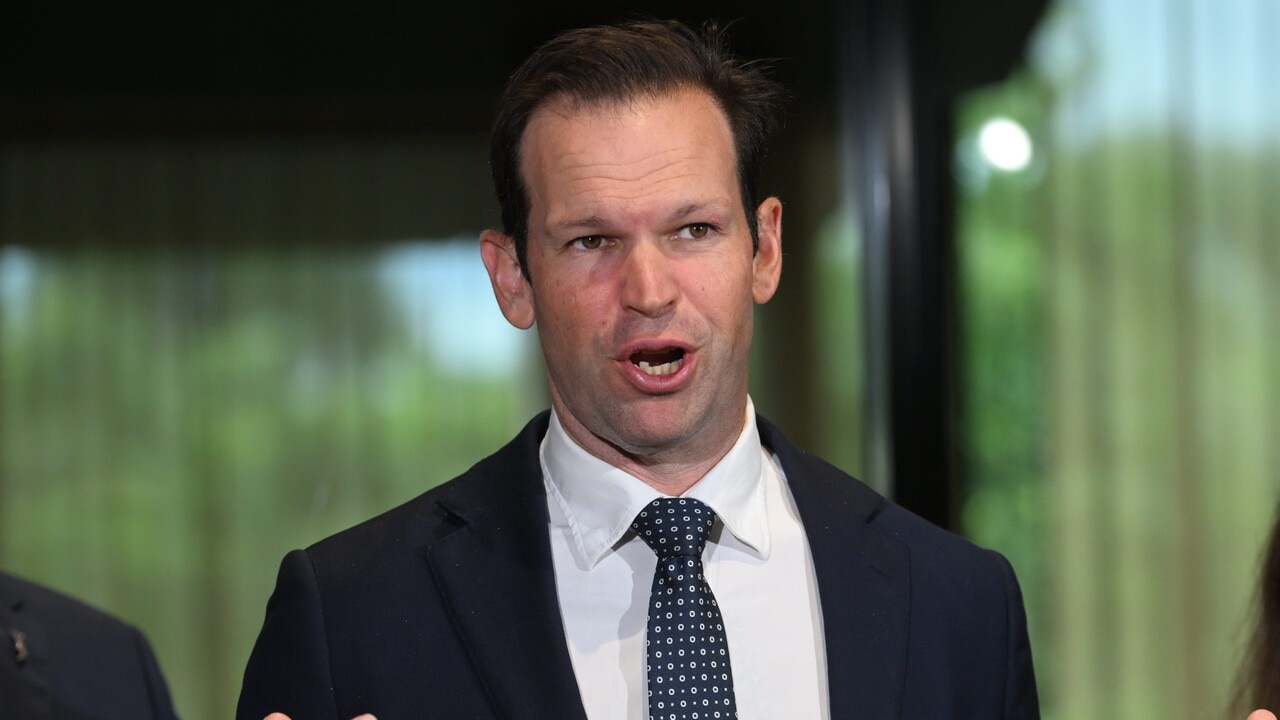
As a result, food wastage was far too high, and it was the farmers, particularly smaller farmers, who were paying the price for old technology and lack of proper temperature control in fresh food distribution.
After publicity on this gap, I think Coles had a look around the world to see what others were doing, but I am not sure that Woolworths did.
Both companies need to undertake investments in the supply chain to make them more efficient. This is trying to be even more important because the industrial relations legislation has deliberately boosted the cost of transport by about 10 per cent by lowering productivity and forcing out of business efficient and safe independent truckies.
The savings, after deducting the government imposed transport cost increases, should be passed on to consumers and to the farmers.
There is no doubt that in recent years both Woolworths and Coles have treated many small farmers badly including cancelling orders.
And the farmers have not had the courage to invoke their rights under the unfair contracts act. In this area, Woolworths has improved their practices but no doubt there are still a large number of situations where farmers are being unfairly treated.
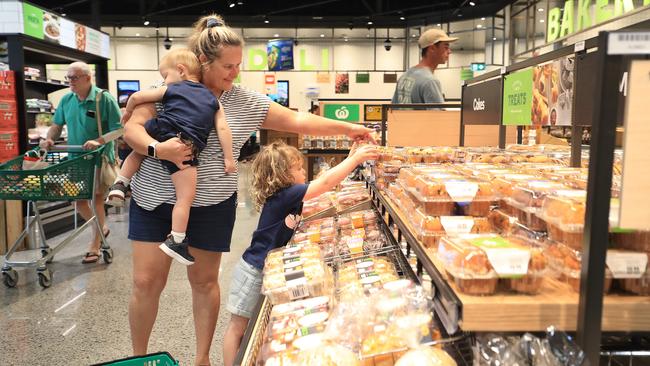
The opinion polls say that if an election is held now then the ALP will be returned with the help of the Greens.
The Greens and the Nationals both want Woolworths and Coles a split to create competition. If the opinion polls’ predicted election outcome turns out to be right then a split the two retail giants could be on the cards.
In the US, we have seen the splits of Standard Oil and AT&T monopolies. The increased competition does not always reduce prices, but the community demands splits when monopoly players do not realise the obligations created by market power, and that’s exactly what happened to Woolworths and Coles.
The big winners will be Aldi, IGA and Amazon.





